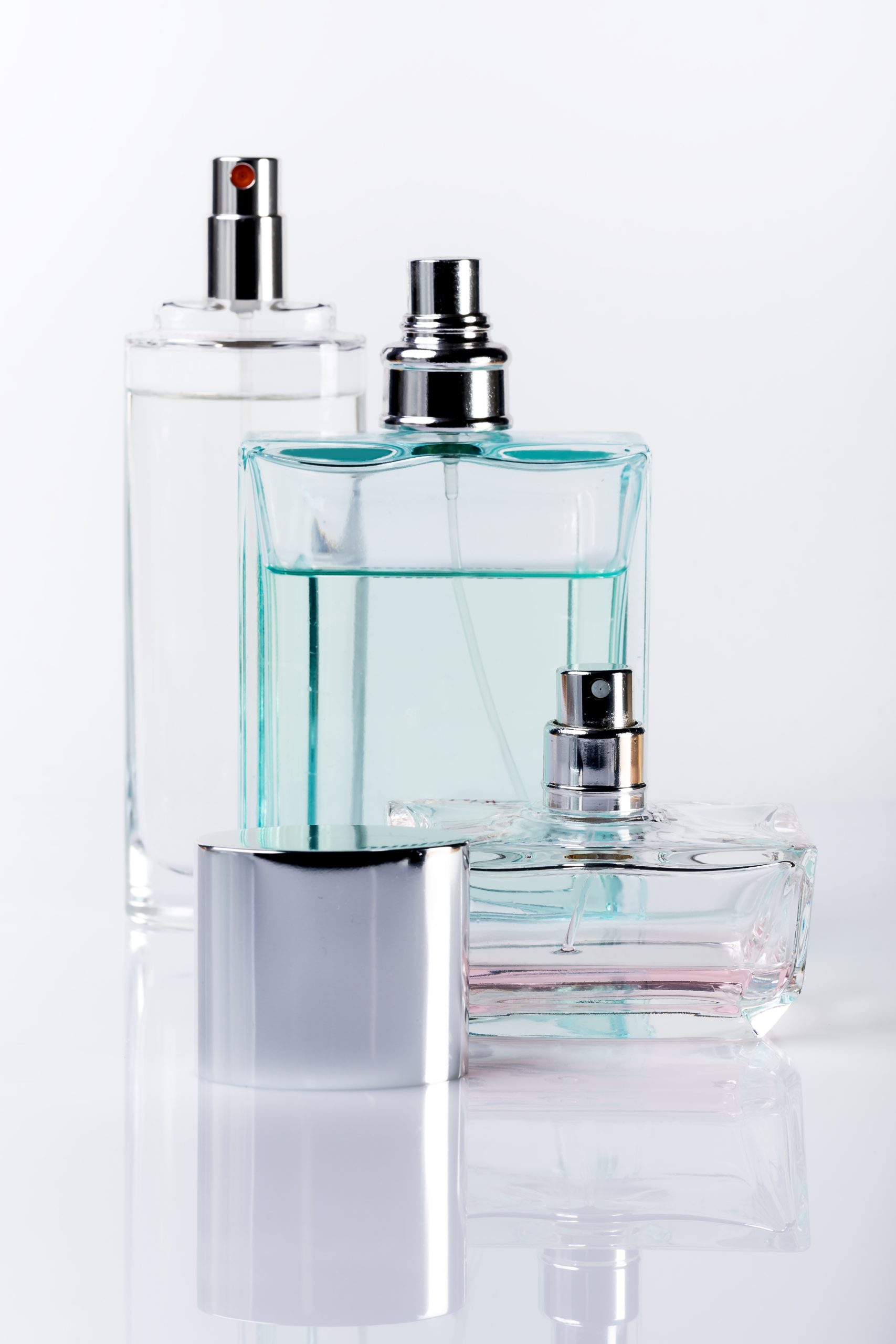Moodify has launched Moodify (Re)formulation, an AI software package for the formulation and reformulation of perfumery and fragrance.
The Israeli tech outfit says it enables a quick, highly effective, and component-flexible process, allowing perfumers to substitute components while maintaining the same odor profile as in the original formula.
In industries that use fragrance, such as personal & home care, consumers have high expectations for the scent experience of a product.
Changes to the availability and price of ingredients, as well as new regulatory requirements, can create challenges for fragrance houses.
Moodify (Re)formulation allows fast and easy scent reformulation, providing a fast and cost-effective way to keep up with changing regulations and ingredient availability, it says.
Moodify’s scent AI technology facilitates automatic replacement, enabling formulators to choose the best available molecule/accord. It also offers several contenders based on their level of similarity to the original molecule while optimizing for different constraints.
This technology allows Moodify to recommend a list of substituents rated by proximity, providing the perfumery and fragrance industry with a game-changing solution to the time-consuming and costly process of reformulation.
Moodify’s algorithms take into account regulatory requirements, inventory, and pricing considerations before suggesting the best substitutions. The calculation is achieved using several AI methods to ensure optimal performance in any given circumstance.
Formulators need to simply submit their formula to the app, select the component they need to replace, and Moodify’s scent AI technology will do the rest
Moodify scent AI technologies are based on more than 15 years of academic research and extensive development.
“We are thrilled to launch Moodify’s (Re)formulation, which we believe will revolutionize the way perfumers and fragrance professionals approach scent reformulation,” said Moodify CEO Eyal Maor. “Our technology offers a cost-effective and efficient solution that ensures regulatory compliance and meets the high expectations of consumers for the product scent experience,” he added.
As originally published in Personal Care Magazine



